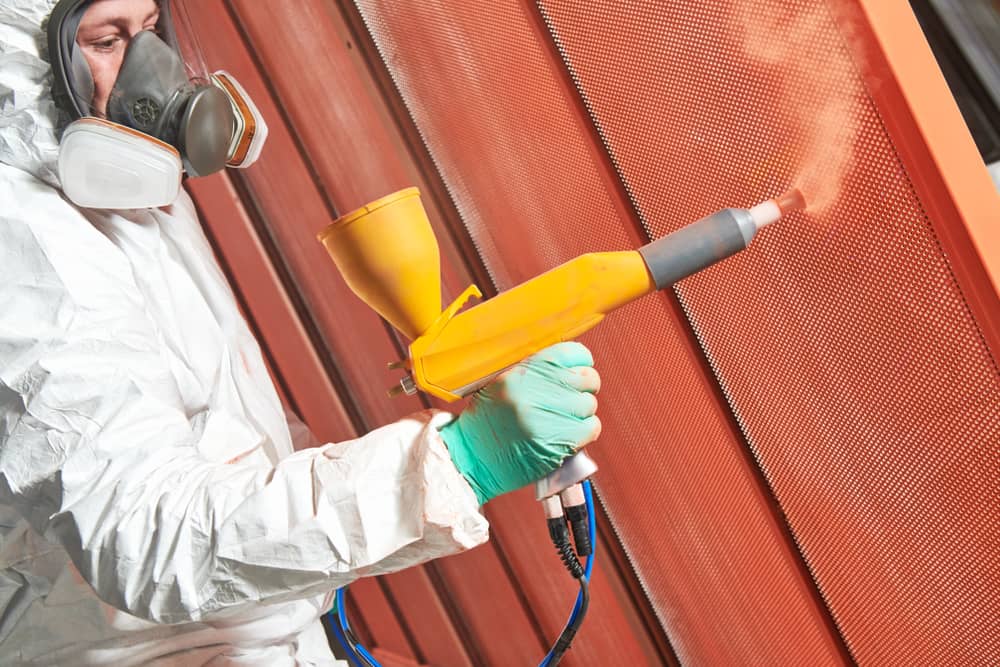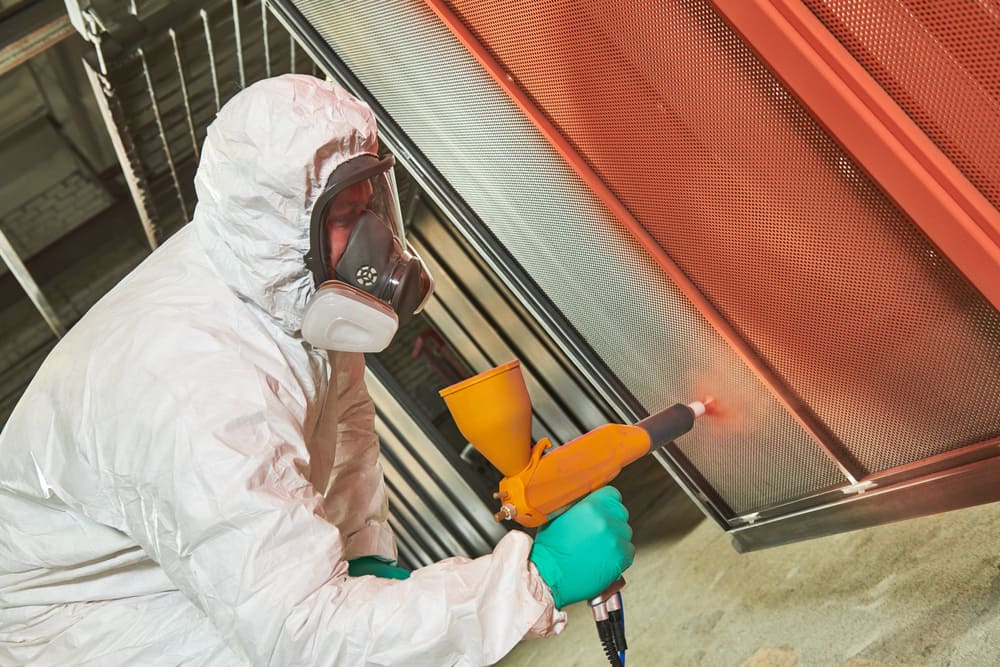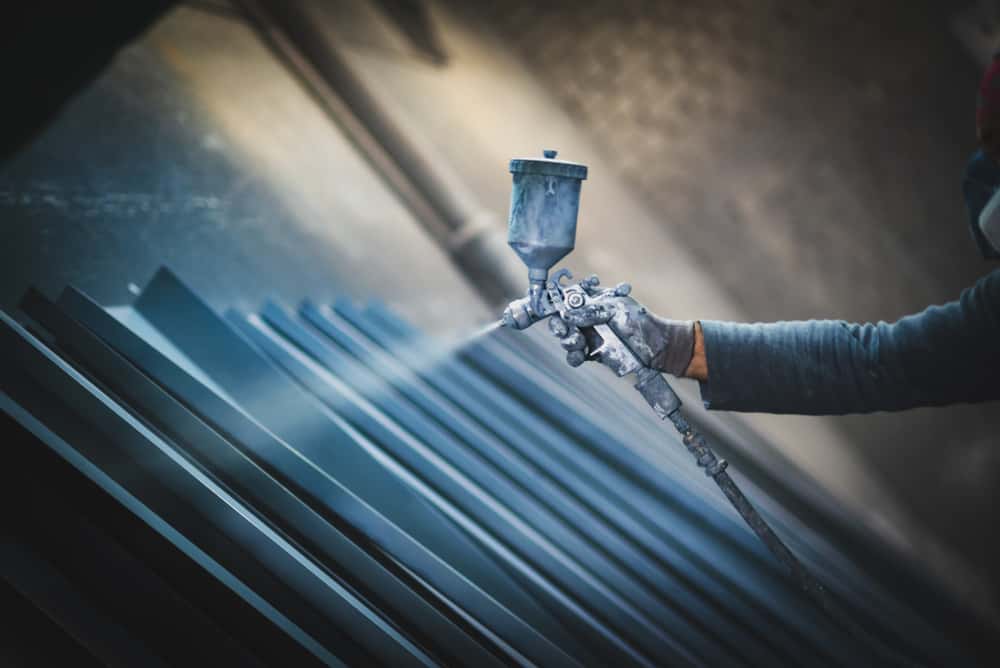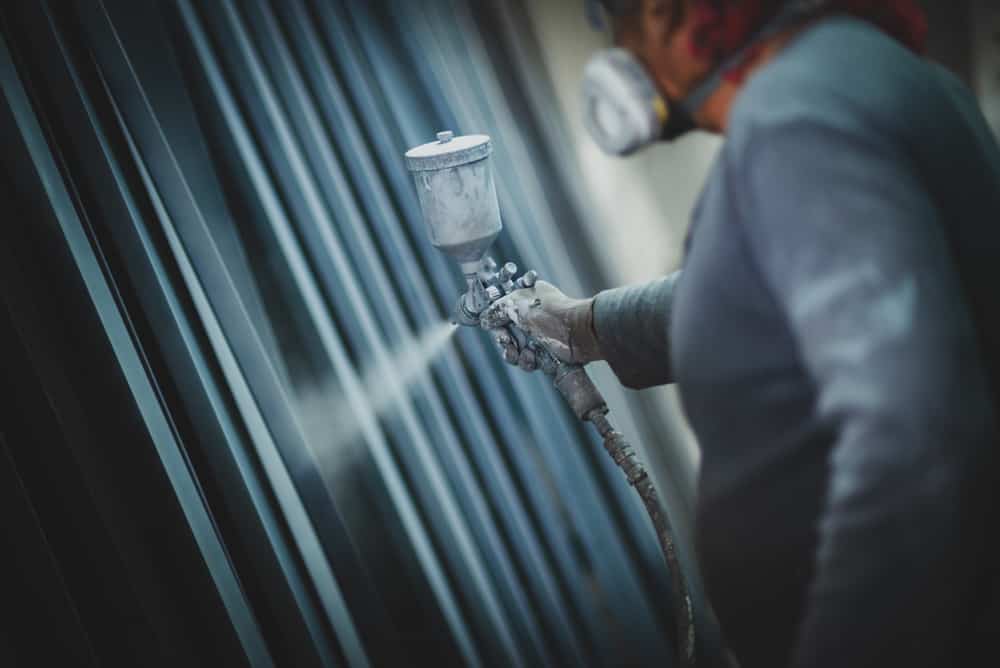To understand what makes something an anti-corrosion protective coating, it is first important to understand what corrosion is. Corrosion is the degradation of a material, typically a metal, due to a reaction with its environment. It can be caused by exposure to moisture, salt spray, oxidation, or various environmental or industrial chemicals.
There are many different types of anti-corrosion coatings, each with its own unique benefits.
The type of anti-corrosion coating you choose will depend on the specific needs of your project. It is important to consult with a corrosion specialist to determine the best type of coating for your particular application.
How Do Anti-Corrosion Coatings Work?
Anti-corrosion coatings are a critical component of corrosion protection, as they work to create a barrier between the metal surface and the environment. These coatings are typically made from special materials that can withstand exposure to moisture, oxygen, heat, and other corrosive elements.
By creating this protective layer, a corrosion protection coating acts as a sacrificial layer that corrodes instead of the metal underneath. It helps protect the metal from corrosion and prevents moisture and oxygen from reaching its surface.
Additionally, some anti-corrosion coatings contain special pigments that reflect sunlight and reduce the amount of heat absorbed by the metal. It helps prevent unwanted thermal stress on outdoor applications where the metal is exposed to direct sunlight for extended periods.
Ultimately, anti-corrosion properties and coatings play an important role in corrosion prevention and protection across various industries and applications.
Types of Corrosion Protective Coatings
Many different types of corrosion protective coatings are used to protect components and machinery from the effects of rust and deterioration. Each of these coatings is designed to provide protection in specific conditions and environments.
- Fluoropolymer coatings offer excellent corrosion protection for use in high-pressure applications.
- Xylan® is ideal for extending component life due to its exceptional resistance to wear and tear.
- Phosphate coats can provide ferrous metals with protection against galling and minor corrosion.
- Molybdenum disulphide is often used for lubrication in high-pressure applications.
Air-dry epoxy is a cost-effective and highly corrosion-resistant option. - Thermal-cure epoxy for superior impact resistance as well as corrosion and abrasion resistance
- Phenolic coatings are ideal for use in environments with low pH levels or high temperatures.
- Inorganic zinc compounds protect against corrosion and weathering on steel surfaces.
- PTFE is known for its ability to withstand high temperatures without degrading or losing its non-stick properties.
- PPS/Ryton® features excellent chemical resistance and can be applied in very thin layers.
- FEP has some of the same characteristics as PTFE but offers better abrasion resistance and can withstand more extreme conditions.
- PVDF/Kynar® is another popular choice for chemical processing applications due to its high-quality coating with excellent corrosion protection properties.
Overall, these various corrosion protective coatings each have their own unique advantages and benefits depending on the application they are used for.
Benefits of Corrosion Protection Coatings
Corrosion is a major problem in various industries, causing significant damage to equipment, buildings, and other infrastructure.
Many companies use corrosion protection coatings to prevent corrosion from occurring, which are designed to provide anti-corrosive properties and enhance the corrosion resistance of metal surfaces.
These coatings can also help minimise the effects of galvanic corrosion. This chemical interaction occurs when two different types of metal are touching each other and in direct contact with an electrolyte.
Corrosion protection coatings offer several important benefits for businesses and individuals, helping safeguard our valuable assets against harmful damage.
Are There Any Drawbacks To Using Anti-Corrosion Coatings?
One potential drawback to using anti-corrosion coatings is that they can trap moisture underneath the coating if not applied correctly. This trapped moisture can lead to corrosion if not addressed quickly.
It is important to consult with a corrosion specialist during the planning phase of your project to ensure that any potential drawbacks are taken into account and mitigated accordingly.
Conclusion
Anti-corrosion coatings effectively protect metal surfaces from degradation due to exposure to corrosive elements such as moisture, salt spray, oxidation, or various environmental or industrial chemicals.
There are many different types of anti-corrosion coatings available on the market, each with its own unique benefits. It is important to consult with a corrosion specialist during the planning phase of your project to ensure that any potential drawbacks are taken into account and mitigated accordingly.
About Atlas Wear Solutions – Protective Coating Experts
Atlas Wear Solutions have specialised in providing wear and corrosion protective coatings for over 20 years.
Our well-qualified, experienced team can work on your site. We also have our fully equipped workshop in Oak Flats.
With a history of successful projects and delighted customers, our dedicated team of application technicians will find the best solution for your abrasion and wear problems.
Get a Free Site Inspection!
At Atlas Wear Solutions, we understand your situation and your problems are unique to your organisation. We will conduct a no-obligation audit of your site. Our expert supervisor will conduct a 30-60 minute inspection to understand the issues you face and recommend a tailored solution for your problem. We will send you details of our proposed solution and a quote for the work.




